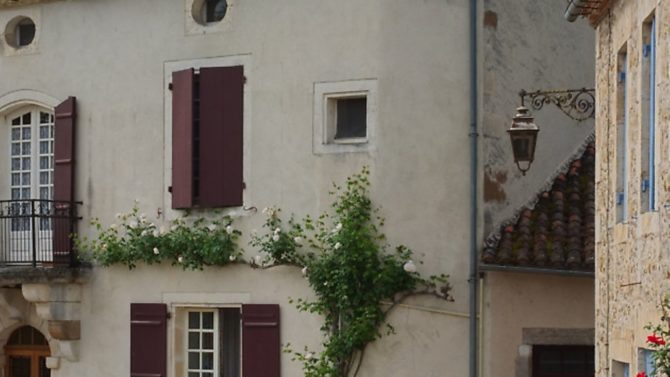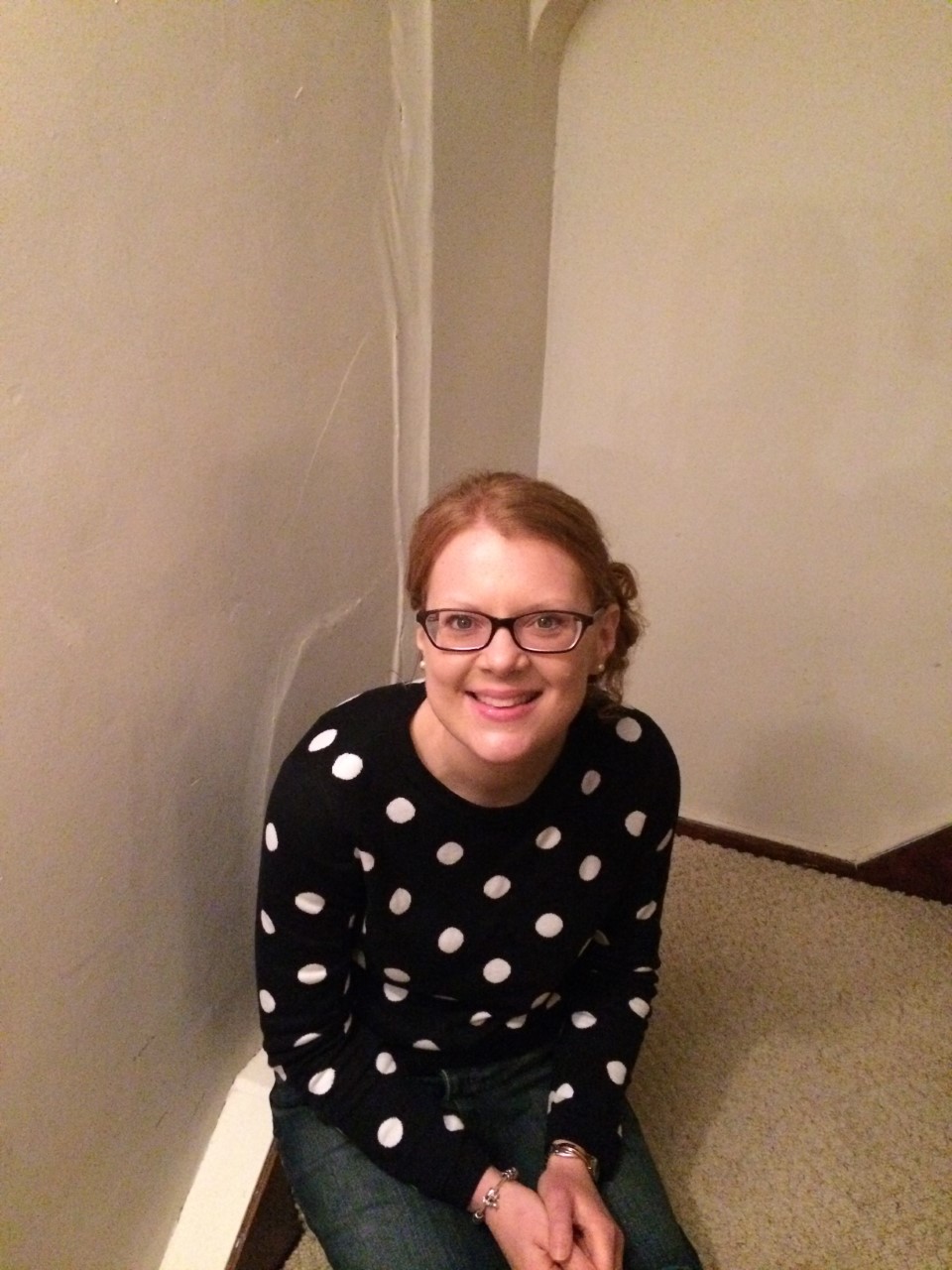A guide to long-term renting in France: 7 things to consider


A long-term let could be the perfect way to try before you buy your own French property. Vicky Leigh considers the practicalities
If you’ve always been tempted by the idea of moving to France, but aren’t sure whether you’re completely ready to take the plunge, then renting can be an ideal way to try before you buy. With 22 regions and 96 departments to choose from, not to mention so many different types of property, there are certainly plenty of decisions to make.
Renting long term is a great way to get to know a particular area before you commit to buying there, or indeed to see what several different areas have to offer before you make a decision on where to put down roots. These are the practicalities to consider.
THE LEGALITIES
The French system defines three categories of letting:
Short-term furnished (holiday) letting – less than three months
Long-term furnished letting – normally between three months and a year
Unfurnished letting – normally for a minimum of three years
Unfurnished property that is rented as a main residence is governed by the law of 6 July 1989, which was designed to protect the rights of the tenant. Furnished lettings, seasonal lettings and secondary residence lettings are excluded.
FURNISHED V UNFURNISHED PROPERTY
There is an important distinction between furnished and unfurnished lettings in France, with each one governed by a separate law which gives tenants and landlords different rights. French law generously protects the tenant, and there are strict rules governing the termination of a lease. Tenants in France are also protected from eviction during winter. Under the trêve hivernale, a landlord may not evict a tenant from 1 November to 15 March – even for non-payment of rent – to ensure that people do not end up homeless at during the coldest part of the year. In fact, failure to pay rent must be specifically stated in the lease agreement as a reason to terminate it, otherwise it can lead to a lengthy court process to try and evict the tenant.
If you are renting a furnished property the lease must be for at least one year, although it is possible to agree a longer period. The lease is automatically renewed at the end of the contract period, unless notice has been given by either side. A tenant is required to give one month’s notice if they wish to leave the property, and if the landlord does not wish to renew the lease they are required to give the tenant three months’ notice
Should you opt to rent an unfurnished property, the minimum contract duration is three years if the property owner is a person, or six years if the property is owned by a company or SCI. The tenant has an automatic right of renewal, or must give three months’ notice if they wish to leave the property, while the landlord is required to give six months if they do not wish to renew the lease.
Tenants can choose to give the required notice at any time during the agreed rental period, and this must be done by registered post or by a bailiff. Landlords can only refuse to renew a lease if they wish to sell the property, if there is a legitimate reason such as regular non-payment of rent or damage to the property, or if they wish to take it back for their personal use. Tenants’ notice periods can be reduced in certain cases such as illness, an unexpected job loss or transfer to another area.
If a landlord decides to sell the property, the tenant has a right of first refusal to buy it at the sale price that the landlord accepts from a third party. The tenant has two months to accept and proceed with the sale, or four months if the purchase is being funded with a mortgage. It the tenant decides not to proceed and the landlord then accepts another offer at a lower price, the tenant must once again be given first right of refusal.
Click here for a guide to the tax implications of renting out furnished and unfurnished property on a long-term basis.
TENANCY AGREEMENTS
There are two important documents that are required as part of the rental agreement between a tenant and a landlord:
La consistence de la chose louée – the formal description of the property to be let. This includes details such as the location, address and size of the property, as well as fixtures and fittings, which include radiators, heating systems and anything that is built-in, such as kitchens and wardrobes.
L’état des lieux – the record of the condition of the property at the time the tenancy starts. This is often prepared by a huissier (bailiff) who will carry out an inspection of the property before the tenant moves in, although it is not a legal requirement to instruct a huissier to do this.
INSURANCE
The minimum insurance required by a tenant is for risques locatifs (tenant risks), but a multi-risk policy (assurance multirisque habitation) would include damage to or theft of personal belongings.
Home insurance is obligatory for the owner of the property, who must have third-party liability cover (responsabilité civile propriétaire). This will cover them against damage caused to a third party on their property, and without it they would be held personally responsible and be required to pay any compensation that may be due.
TAXES
There are two types of property tax in France which must be paid:
Taxe foncière – a land tax paid by the owner of the property, irrespective of who occupies it.
Taxe d’habitation – a residence tax, and if you own a property and live in it yourself then you are required to pay this tax. However where properties are rented out long term, it is the tenant who pays, and this applies to both furnished and unfurnished properties. It is paid by the household living in the property on 1 January each year.
LOCATION
Remember that this is not a holiday let, so your requirements will be very different. While you might want peace and quiet during your short holiday, will you want a 30-minute car journey to get to the nearest shops or amenities if you’re living there long term? On the other hand, if you choose somewhere that is a tourist hotspot, be prepared for the increase in people and traffic during peak season. Rental prices vary considerably, and can be significantly higher in cities or coastal areas.
BUDGET
In addition to your monthly rent, don’t forget to factor in the taxe d’habitation, utility bills, food shopping, mobile phone and internet costs.
Share to: Facebook Twitter LinkedIn Email


